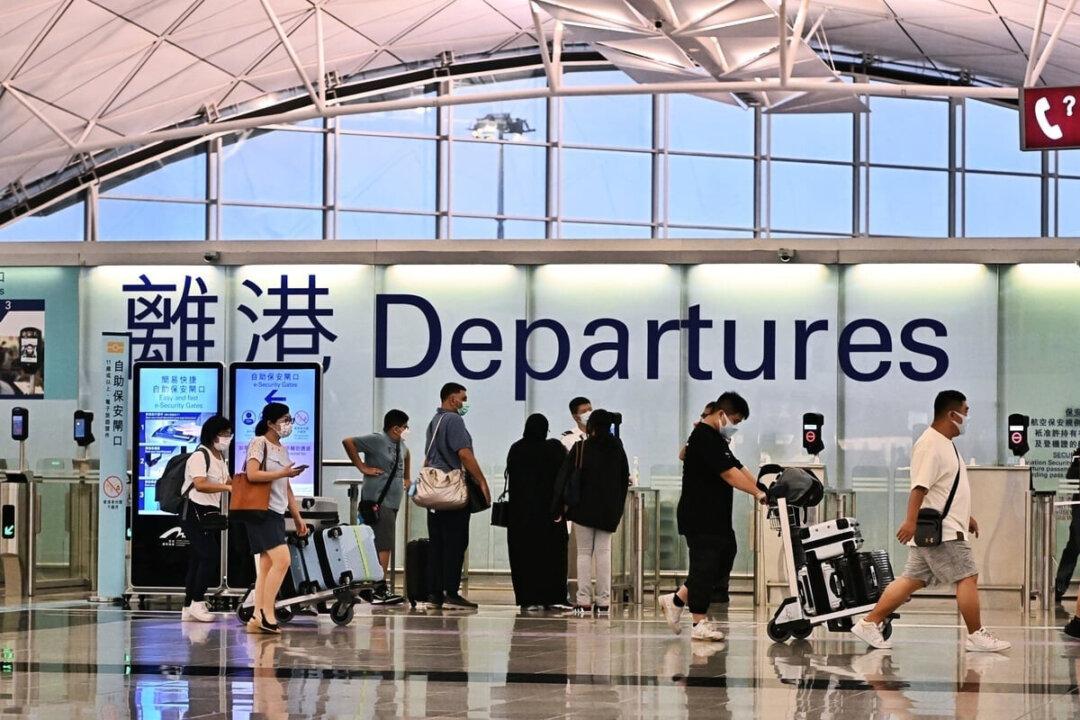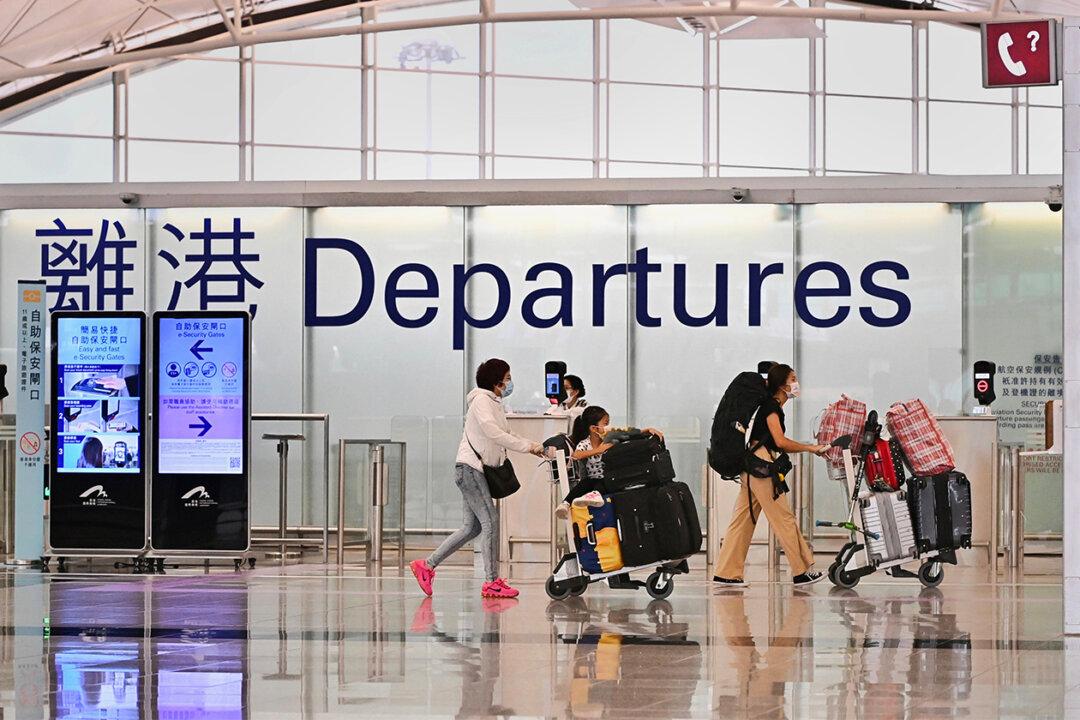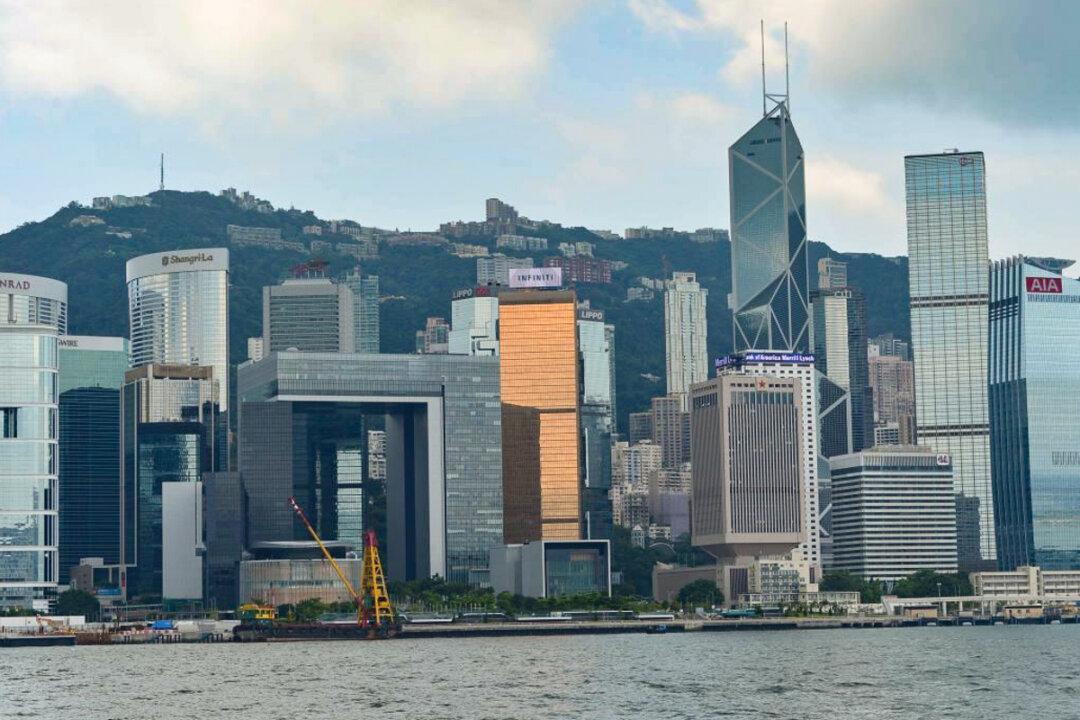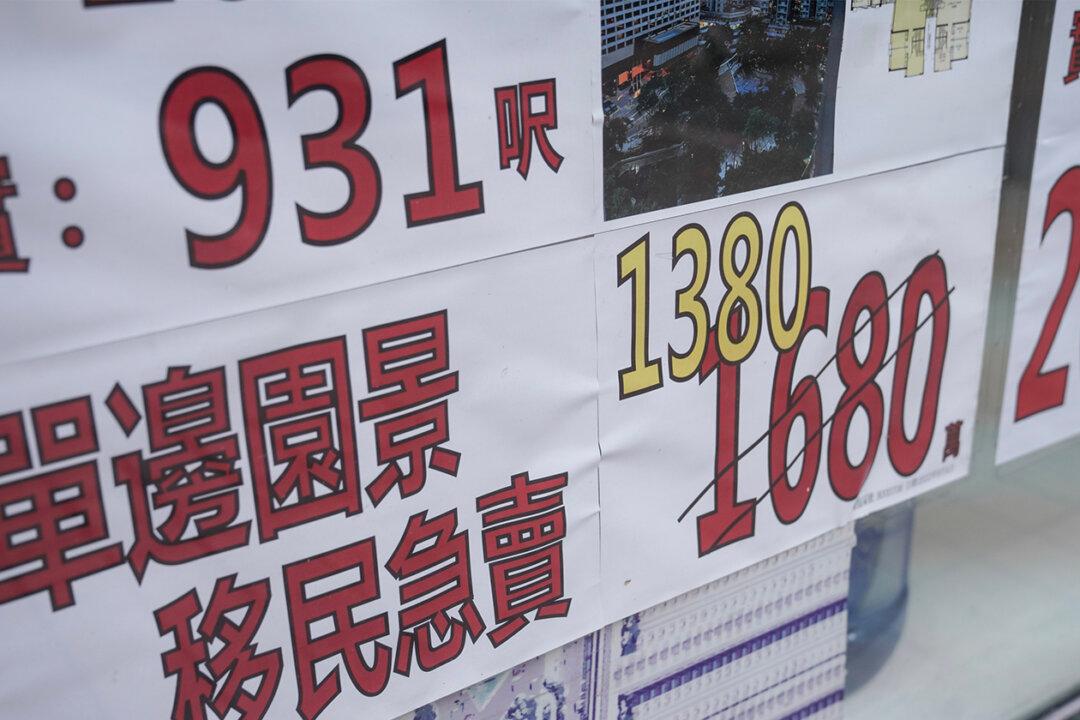Bupa Global released the latest “Bupa Global Executive Wellbeing Index 2022” report on Nov. 23, indicating that high-net-worth (HNW) individuals and top executives, especially in Hong Kong, are planning a career change next year, and 13 percent of CEOs are planning to relocate out of Hong Kong.
According to the report, business leaders are under tremendous pressure since Hong Kong’s economy is having a tough time. Sixty-six percent of the HNW individuals in Hong Kong (even higher in CEO: 96 percent) said that they had experienced symptoms of mental ill-health over the past 12 months. Common problems include mood swings, decision difficulties, disturbed sleep, and mental exhaustion or burnout.




